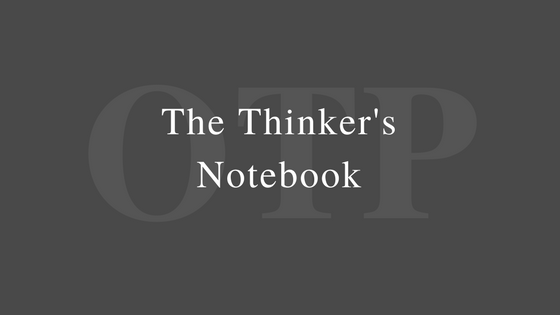Community News
How it Feels: West Indian Day Parade 2017

In Brooklyn, Labor Day is synonymous with the West Indian Day Parade. More than 20% of our residents are of Caribbean descent, which means that if you live here, you have been influenced in some way by the culture. This year marked the 50th Anniversary of the parade, an enigma to many due to the annual reports of violence and mayhem along the route. To others, however, myself included, the parade is a ritual, the final ceremony for summer in Brooklyn, and it’s heresy to miss. It’s spiritual. It’s physical. It’s carnal. The parade is as much a part of summer as the beach is, just as germane to a Brooklyn summer as a barbecue or a block party, more so even. Carnival is a complex thing to explain, it’s like trying to reason the beauty in chaos. Most won’t understand because they can’t see past the mess. Why would over a million people convene on Eastern Parkway every year, knowing the violence and dangers that await? Why do so many love it so, even as year after year people are injured and killed while celebrating? Any explanation would be knotty at best, but allow me this column to give you a hint of how carnival feels to me.
The drum is the most important instrument in the universe. It is the heartbeat of Mother Earth, the force of the soul smashing against the spirit to form meaning. Our bodies move like water, seeping and traveling to the point of least resistance when we hear the drum. We can’t help it, none of us. The whole summer, the drum has been the key. It gave us the courage to dance with girls, it straightened our backs and lifted our heads in confidence. Reggae, soca, calypso, it’s all about the drum. The music of the Caribbean gives you permission to let go, to be free in motion.
A million people all moving to the drum, a sea of souls who have given themselves to this ritual. The colors blind you when you arrive on the Eastern Parkway, the flags, the costumes, the sea of moving bodies, even the sound of the music seems to emit color. You walk through the barricades and find yourself in an ocean, the current moving from east to west, like the sun. You smell the roasted corn and the curry. All of the food and fare that you would need on this journey is right here on every block, in abundance. The music is thick, covering this massive gathering like a comforter over a child. Caribbean music is fascinating because it’s religious, defiant and lascivious all at the same time. Dancing to it is like giving praise to our higher selves while allowing our lower selves the freedom of being mischievous. It reveals the truest dichotomy in man, his struggle between being as God, versus being as man.
The parkway is like a dream. You see people you haven’t seen in ages, and some you just saw last night. As you move with the waves, you experience some of the most physically attractive people, skin tones and bodies that define beauty. You also see the uninhibited. Guys selling nutcrackers out of coolers, while others take tokes from a spliff as they move. Carnival isn’t fashioned and polished for mainstream appeal. It’s raw and uncut, and those that enjoy it know that. We know the possibilities, and we accept them in the same way that carnival accepts us, as we are.
At some point, even the most uptight person will let go. Your belly full from the food, your mind free of worry, your body whining on someone you don’t even know, you understand that you are a part of something that is bigger than you. It isn’t about you. It’s about us, every one of us that has ever walked the parkway on Labor Day in the last 50 years. It’s about the 5-year-old kid on his father’s shoulders, the music and the people so terrifying to him. It’s about the 80-year-old man whose son is pushing him through the crowd in his wheelchair while he smiles and remembers. It’s about those whose lives were taken as a result of their attendance. It’s a reconciliation of our time apart, and we prove our love for one another by returning together. Bob Marley sang that “we’ll be forever loving Jah”. Carnival is an expression of that.
After it all, when you finally have had enough and leave the parkway to go home, it is then when you realize that summer is over. You’ve given all you had to the season and it’s given you much in return. You’ve loved, you’ve partied and you’ve survived. You walk home physically and mentally spent, and happy. In most places, carnival ends on Ash Wednesday, a time when the religious give up eating the flesh for Lent. In Brooklyn, the end of carnival also signifies the giving up of the flesh, the physical flesh, the sensuous abandon of the summer, to refocus for the fall. But although we set it aside, next September we will return. We’ll be loving Jah, forever.


